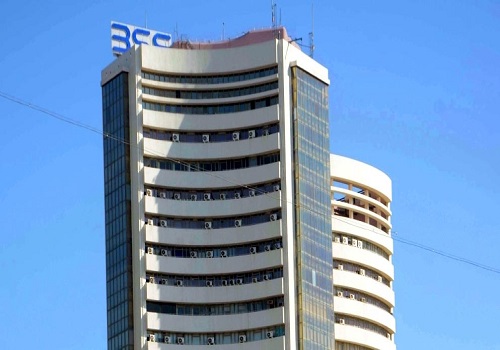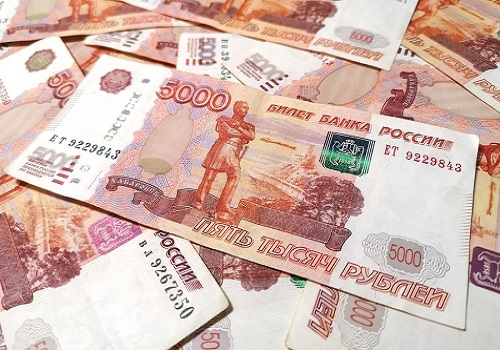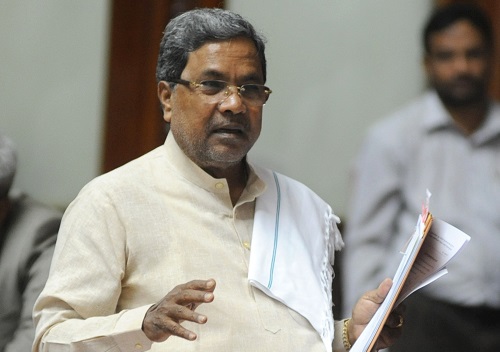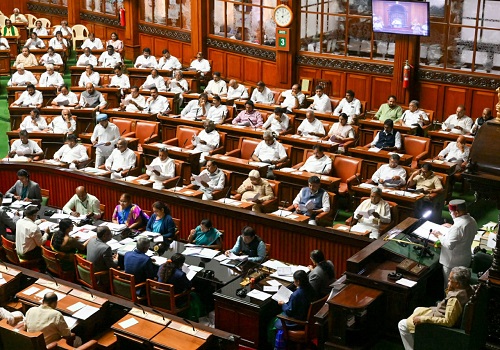Electric Vehicles sales see spike in India, from 48,179 in 2020-21 to 4,42,901 in 2022-23
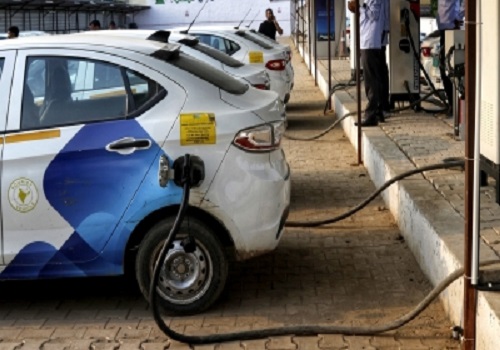
Follow us Now on Telegram ! Get daily 10 - 12 important updates on Business, Finance and Investment. Join our Telegram Channel
The sales of electric vehicles (EVs) in the country witnessed a surge in the last two years. While 48,179 EVs were sold in 2020-21, the firgures increased to 2,37,811 in 2021-22 and 4,42,901 in 2022-23 (till December 9).
Minister of Heavy Industries, Mahendra Nath Pandey, said in a written reply in the Lok Sabha on Tuesday that the ministry has implemented a scheme titled 'Faster Adoption and Manufacturing of Electric Vehicles in India Phase II' (FAME India Phase II) to promote adoption of electric/hybrid vehicles in the country.
At present, Phase-II of the FAME India scheme is being implemented for a period of five years from April 1, 2019 with a total budgetary support of Rs 10,000 crore.
This phase focuses on supporting electrification of public and shared transportation through subsidies for 10 lakh e-two-wheelers (e-2Ws), 5 Lakh e-three-wheelers (e-3Ws), 55,000 e-four-wheeler (e-4Ws) passenger cars, and 7090 e-buses.
As on December 9, 64 original equipment manufacturers (OEMs) of electric vehicles have been registered and 7.47 Lakh EVs under FAME India Phase II have been sold, said the reply.
Under FAME India Phase-II, demand incentive/subsidy is given to consumers (buyers/end users) in the form of an upfront reduced purchase price of hybrid and electric vehicles to enable their wider adoption, which is reimbursed to the OEMs by the government of India.
Pandey informed that the ministry has received complaints regarding misappropriation of subsidies under FAME India Phase II by some EV manufacturers. The complaints are mainly related to violation of the phased manufacturing programme (PMP) guidelines under FAME India Phase II.
All the complaint cases have been referred to the testing agencies for re-verification. After examination of reports in respect of two OEMs, the models of these two OEMs have been suspended from the FAME scheme. Further, the processing of their pending claims has been stopped till they submit sufficient evidence to show their compliance to PMP timelines, added the reply.
The reply said the FAME India scheme is demand driven. This scheme helps in demand generation of EVs by way of reducing the cost of acquisition of such vehicles. As the demand for EVs increases, the pace of implementation of FAME India also goes up.












 320-x-100_uti_gold.jpg" alt="Advertisement">
320-x-100_uti_gold.jpg" alt="Advertisement">



